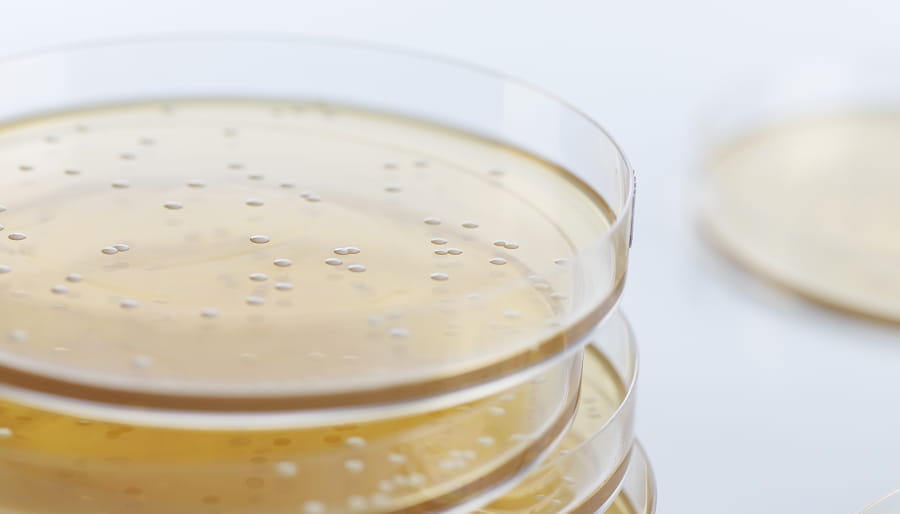Global health challenges on the rise
Despite significant advancements in global health over the past century, society remains faced with staggering health challenges. In the developing world, hunger and malnutrition together remain the number one challenge, while in high and middle-income countries obesity and chronic immune diseases are on the rise1. At the same time, extensive use of antibiotics is causing new and unexpected challenges, including antibiotic-resistant bacteria and health problems associated with the use of antibiotics in early life.
The human microbiome: a scientific break-through
One of the answers to the global healthcare challenges that lie ahead may come from a better understanding of how our health is impacted by the trillions of bacteria that reside in and on our bodies and in particular in our digestive tract, also known as the human microbiome.
We are learning that the human microbiome actively influences our physical health and potentially even our mental health. It can be part of the reason why people get sick or, conversely, what helps them stay healthy. There is great potential in obtaining a better understanding of the beneficial bacteria that reside in our gut and in creating the proper conditions for them to work in our favor.

